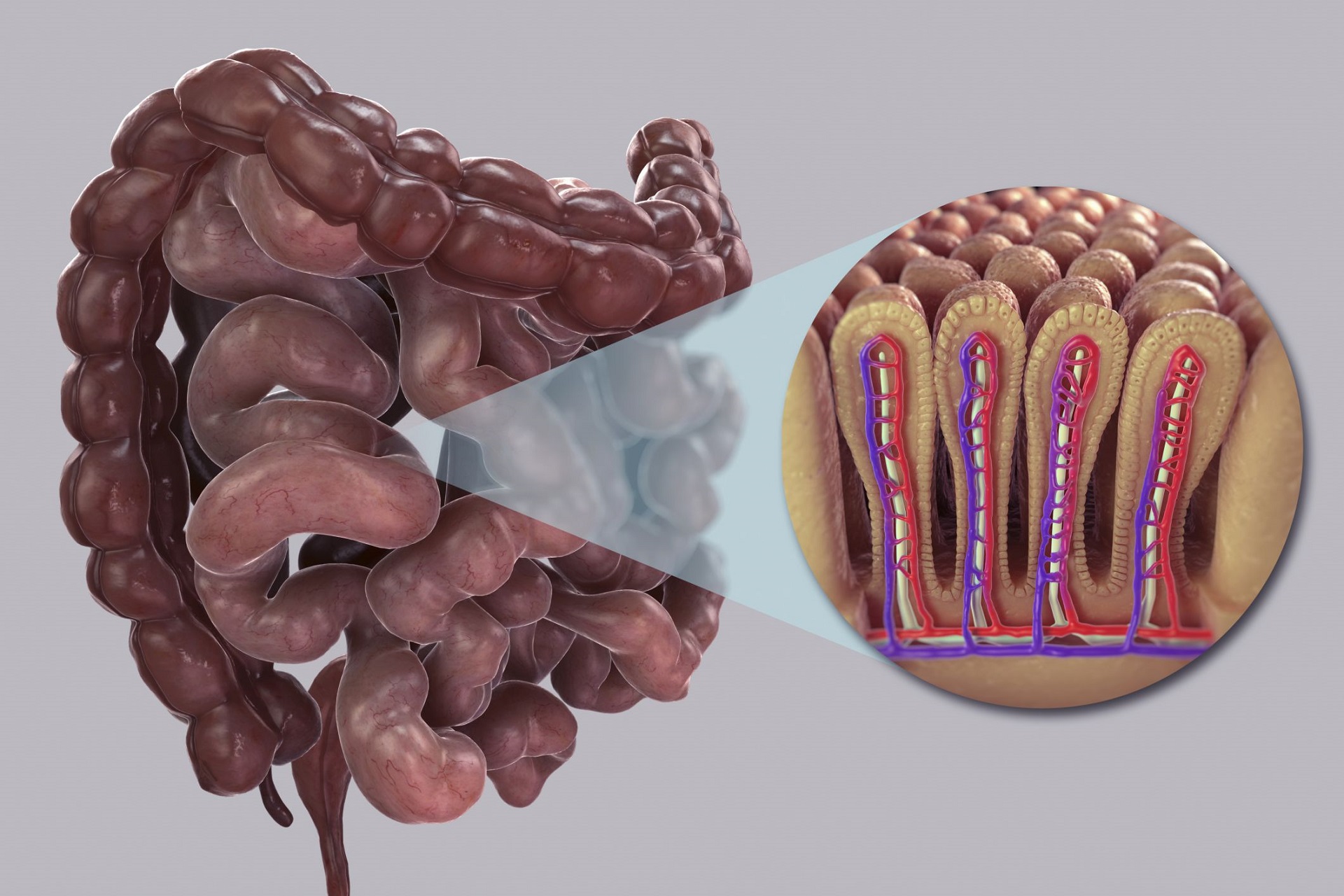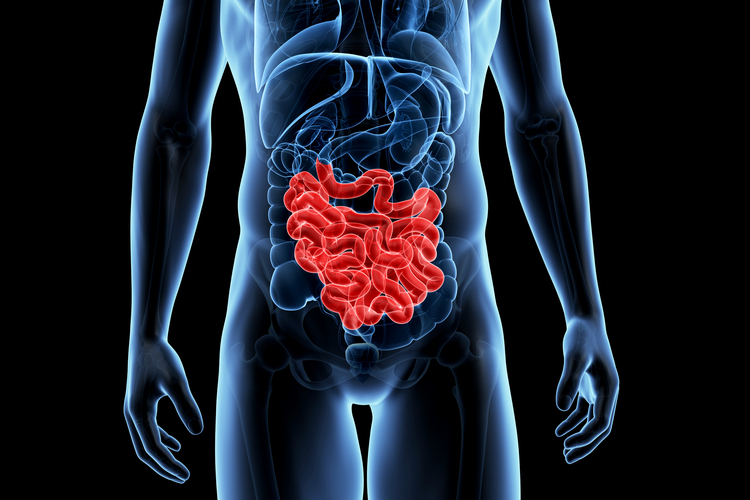CONDITIONS
Celiac Disease Treatment in Dubai

Celiac disease (or coeliac disease) is an autoimmune condition affecting the small intestine. In people with celiac disease, exposure to gluten in the diet results in the body’s immune system damaging the small intestine. This can affect the ability of the small intestine to absorb nutrients from the food we eat. If undiagnosed or untreated. long-term inflammation of the small intestine and malabsorption can cause a number of health problems.

What are the symptoms of celiac disease?
Symptoms of celiac disease can be very subtle and can come on gradually over a period of years. Some people may have virtually no symptoms. Other people might experience looser stools or diarrhea, fatigue, weight loss or difficulty to gain weight, gas and bloating, nausea, abdominal cramps, and headache.
What causes celiac disease?
In celiac disease the body’s immune system reacts to gliadin, a protein that is found in gluten. Gluten is found in foods containing wheat, spelt, barley or rye, such as bread, biscuits, cakes, pasta and breakfast cereals. If exposed to foods containing gluten, immune cells in the gut cause inflammation in the small intestine. The job of the small intestine is to absorb nutrients from the food we eat – inflammation in the small intestine impairs the ability of the body to absorb important nutrients.
Is celiac disease the same as gluten intolerance?
No! Celiac disease is an autoimmune condition where activation of the gut immune system in response to gluten results in inflammation and damage to the wall of the small intestine. In gluten intolerance (as in other food intolerances) there is no involvement of the immune system and no gut wall inflammation. The gut can find it difficult to break down and digest gluten and other starches found in wheat. If this happens these components may be fermented by bacteria in the gut resulting in gas, bloating, abdominal cramps and diarrhea. The symptoms of celiac disease and gluten intolerance may be quite similar. Gluten intolerance is around 10 times more common than celiac disease. The lack of inflammation of gluten intolerance means that although the symptoms may be unpleasant and troublesome, there are generally no long-term health implications.
Frequently Asked Questions
Celiac disease can begin at any age but is most often diagnosed in young adults. Certain ancestries seem to have higher risks of celiac disease than others – for example people with Celtic ancestries from the west of Ireland have a particularly high risk. As the symptoms can be subtle and can vary enormously, celiac disease may go undiagnosed for a long time or be confused with other conditions such as irritable bowel syndrome. People with other autoimmune conditions such as autoimmune thyroid disease, or inflammatory conditions of the gut such as Crohn’s disease may have an increased risk of developing celiac disease.
Damage to the wall of the small intestine can cause impairment of absorption of important nutrients. This may lead to complications such as iron deficiency or anemia, lack of important vitamins, weakened bones (osteoporosis), an itchy rash, fertility problems and depression. Long-term inflammation due to undiagnosed or untreated celiac disease can also increase the risk of certain intestinal cancers.
Celiac disease is often initially diagnosed with a blood test. To confirm the diagnosis, you will probably need a gastroscopy – this allows the doctor to take tissue samples from the small intestine to look for the typical inflammatory changes seen in celiac disease.
Celiac disease is a chronic (ie long-term) condition. At present there is no known cure. If you have the disease, you must avoid gluten-containing food in your diet for the rest of your life to stop the inflammation in the small intestine and to reduce the risk of long-term complications. Dieticians have a very important role in helping patients to adjust to these dietary changes.
Do I need to see a Gastroenterologist?
A gastroenterologist can help determine whether your symptoms are due to celiac disease, gluten intolerance or something else entirely. If you have established celiac disease, it is advisable to follow up with a gastroenterologist every 4-6 months to monitor for signs of gut inflammation malabsorption and possible celiac complications.

Dr Neil has over 25 years’ experience of diagnosing and managing patients with celiac disease in Dubai. He works closely with expert dieticians to help patients transition on a gluten-free diet and ensure all their nutritional needs are being met.
